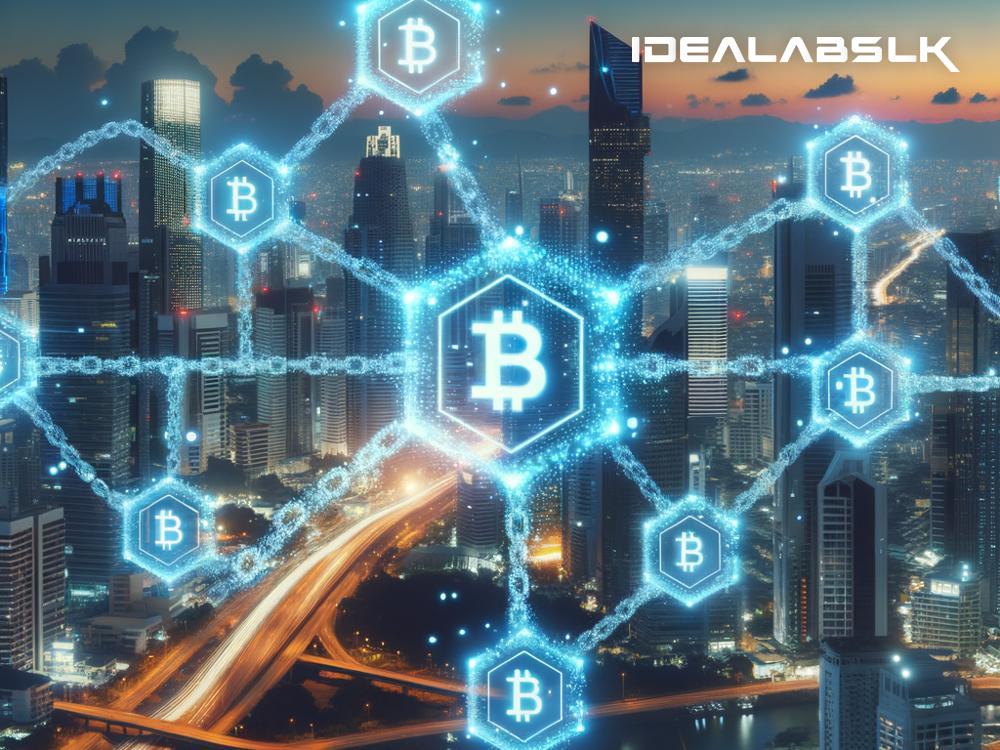Unlocking New Horizons: Blockchain and Real Estate Asset Tokenization
Real estate has long been recognized as a stable and lucrative avenue for investment. Traditionally, dipping your toes into real estate investment meant either buying a property outright or sinking your capital into large, often inaccessible real estate projects. However, a new wave of technology is revolutionizing the way we think about and invest in real estate. This game-changer is called Blockchain for Real Estate Asset Tokenization. Let's delve into what this means and why it's creating a buzz in the investment world.
What is Blockchain?
Imagine a digital ledger that is accessible to numerous people across the globe, yet it maintains the highest level of security and transparency. This is blockchain. It stores information in a way that makes it nearly impossible to hack or cheat the system. This technology is most famously associated with cryptocurrencies like Bitcoin, but its potential extends far beyond.
The Basics of Real Estate Asset Tokenization
At its core, real estate asset tokenization refers to the process of converting the ownership rights of a property into digital tokens on a blockchain. Think of these tokens as small pieces of a property puzzle. Instead of buying an entire property, you can purchase several tokens, essentially owning a piece of the property. This approach dramatically lowers the entry barrier for real estate investment, allowing more people to invest in properties that were previously out of their reach.
Why is this a New Investment Approach?
1. Accessibility: Traditional real estate investment demands significant capital upfront, which can deter small investors. Tokenization democratizes access, letting virtually anyone buy into real estate with as much or as little money as they wish.
2. Liquidity: Real estate is notorious for being a rather illiquid asset class. This means it can take a considerable amount of time to convert your property investment into cash. Tokens, on the other hand, can be bought or sold much like stocks on an exchange, offering greater liquidity.
3. Transparency and Security: With blockchain, every transaction and ownership detail is recorded transparently and securely. This significantly reduces the risk of fraud and errors, making the investment process safer and more reliable.
4. Fractional Ownership: Owning a small part of several properties can be more beneficial and less risky than owning 100% of a single property. This diversification is effortlessly achieved through tokenization.
5. Global Reach: Blockchain and tokenization open up international property markets like never before. Investors can access real estate opportunities globally, not just in their country of residence.
How Does It Work in Practice?
Let’s illustrate with a simple example. Imagine there's a beautiful apartment building valued at $10 million. Through tokenization, this property is divided into 1,000,000 tokens, each representing an equal share of the property. By purchasing these tokens, you're acquiring a stake in the property. If the property appreciates in value, so do your tokens. You also earn a proportionate share of the rental income, if the property is leased out.
The Impact on the Real Estate Market
The advent of blockchain for real estate asset tokenization is not just a trend; it's a seismic shift in how people can invest in real estate. It's making the market more inclusive, transparent, and liquid. However, it's also important to highlight the challenges, such as regulatory hurdles and the need for standardization across the board. As these issues are addressed, the impact of tokenization on the real estate market is expected to grow exponentially.
Looking Ahead
We are only scratching the surface of what blockchain and real estate tokenization can offer. This technology has the potential to reshape not just the real estate sector but also the broader investment landscape. By breaking down barriers to entry and making investments more fluid, we're moving towards a more inclusive and democratized investment world.
In conclusion, blockchain for real estate asset tokenization represents a bold and promising new approach to investment. It offers a multitude of advantages, from improved accessibility and liquidity to enhanced security. As this technology continues to evolve and mature, it could fundamentally change how we view and invest in real estate. The future of real estate investment is here, and it is digital, democratized, and exciting.
The transformation brought about by blockchain and tokenization in real estate is still in its early days, but the potential is undeniable. By staying informed and open to new technologies, investors can find themselves at the forefront of a real estate revolution. Welcome to the future of investment, where real estate is accessible, liquid, and more secure than ever before.

